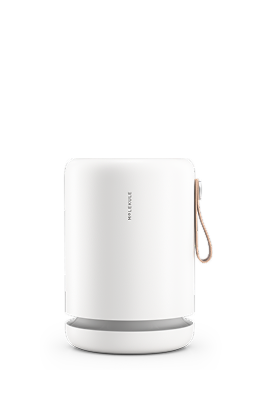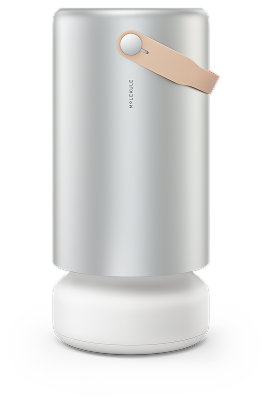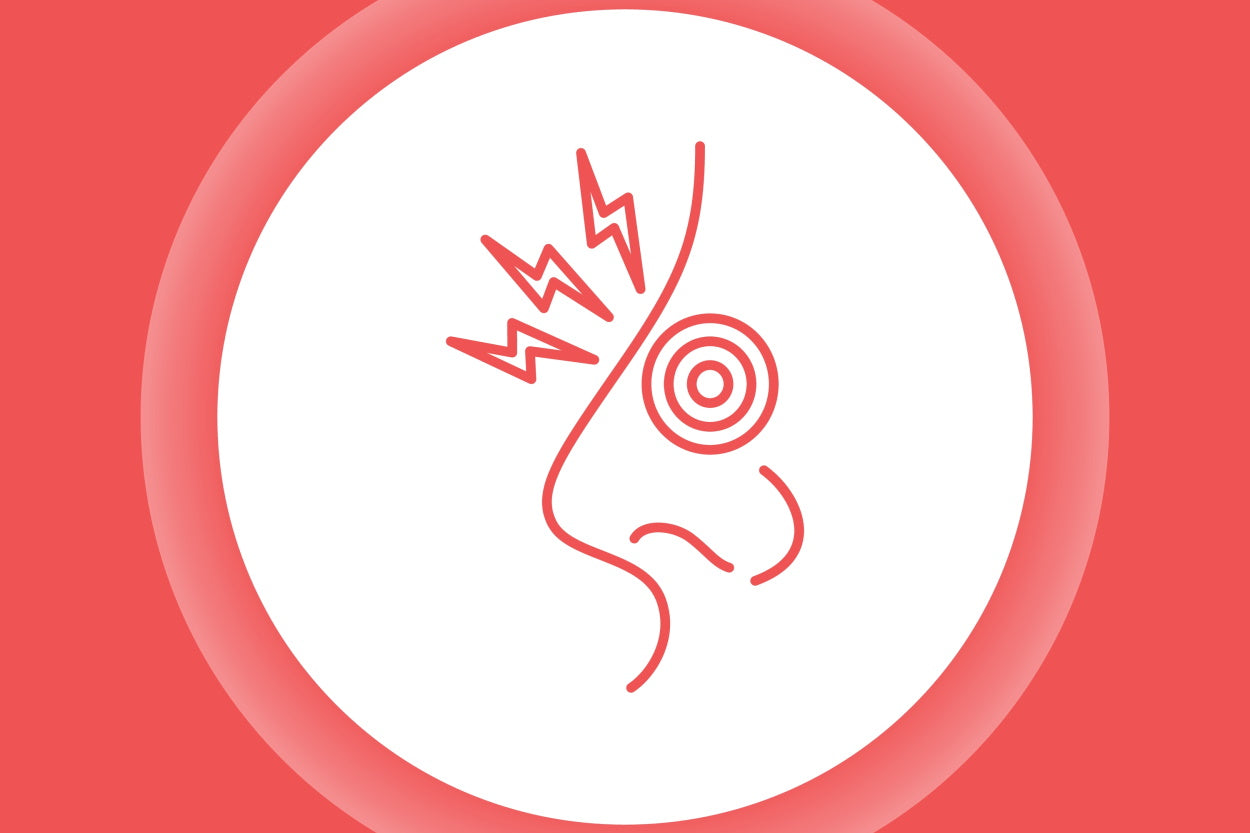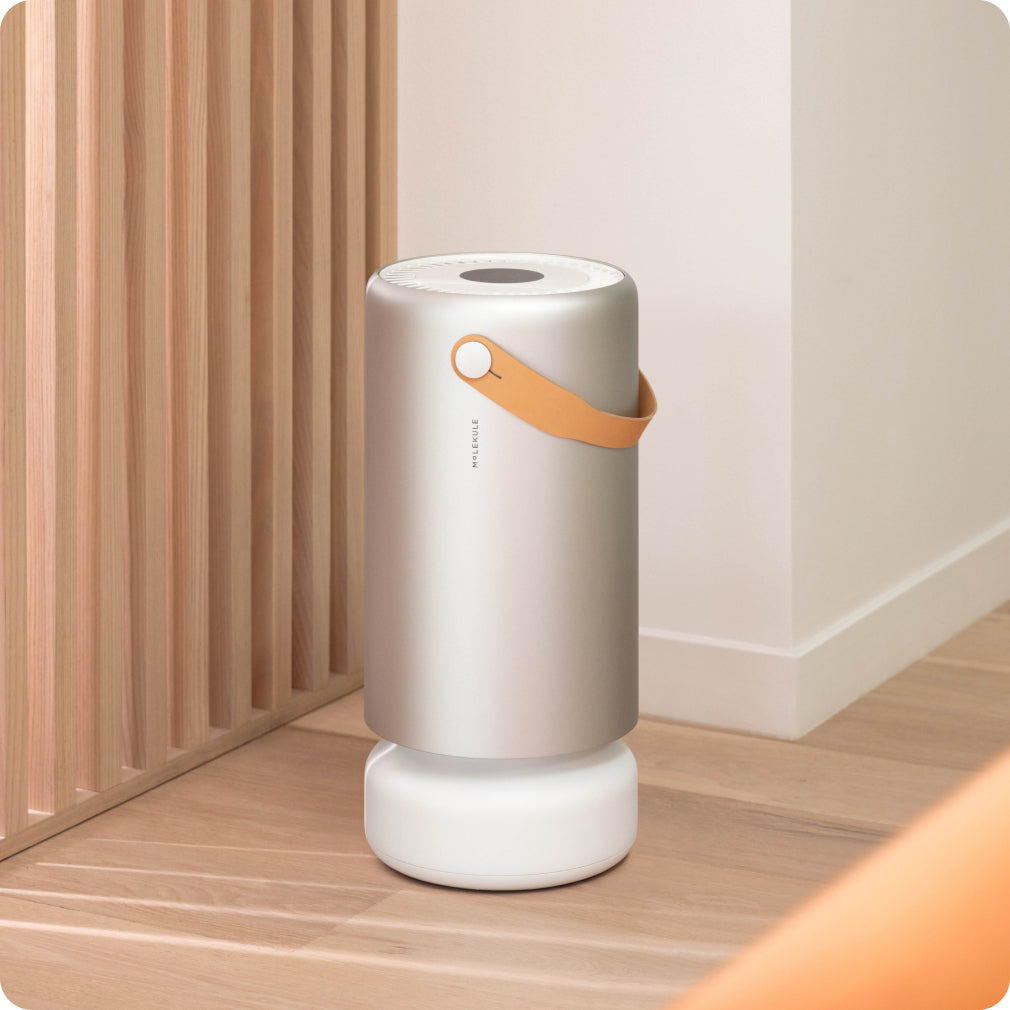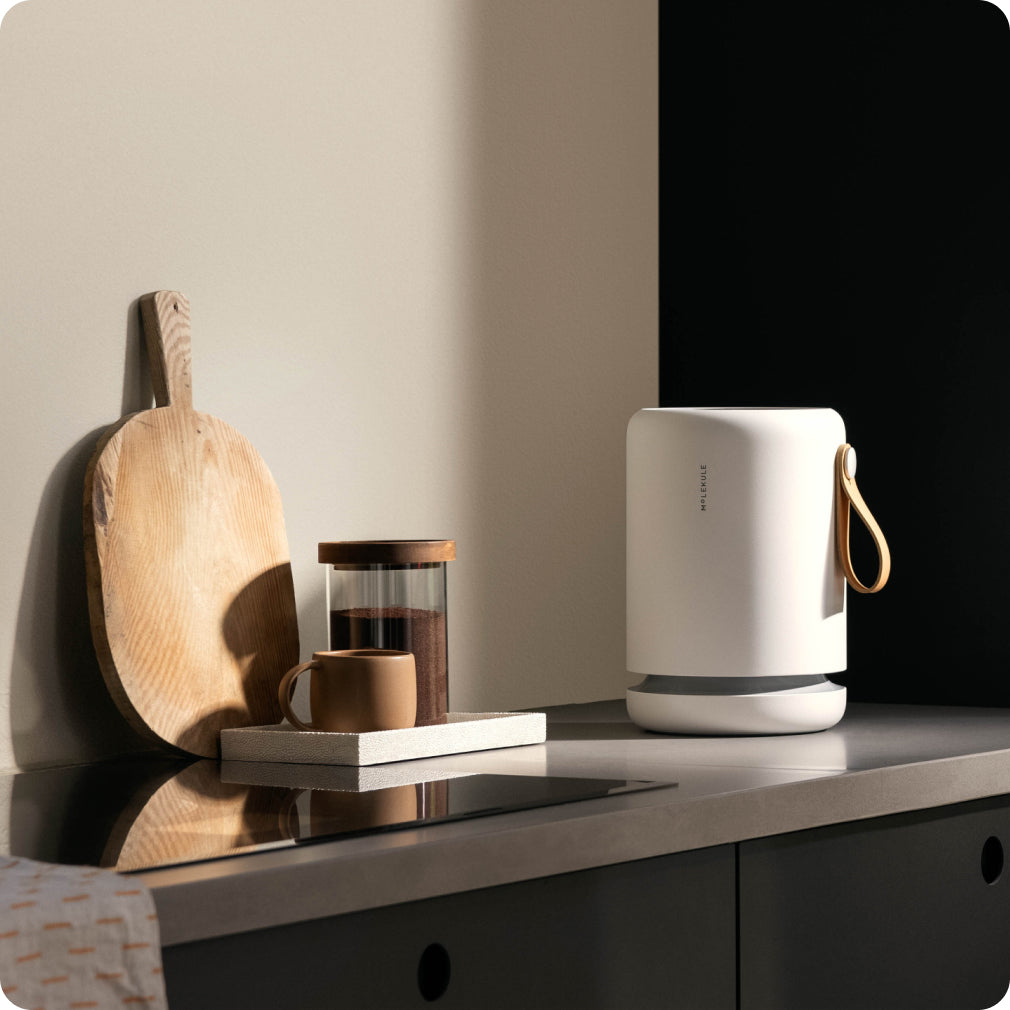The ability to smell is one of the most powerful human senses. Because of the way your brain processes odors, different scents can evoke strong emotions or memories. They can also help you interpret your surroundings.
When you smell something, your brain uses scent cues to help you observe and analyze the world around you. Odors can alert you to fire, mold and other hazards that you may not see at first. Sometimes, if a smell is caused by toxic chemicals, an odor itself can be harmful. Other times, it may just be a sign of something potentially dangerous nearby.
Read on for our breakdown of common bad smells and their potential effects on your health.
Is it bad to smell mold?
If you smell mold or mildew in your home, it is probably because there is hidden mold growth somewhere. As a mold patch grows and spreads, it releases gases called microbial volatile organic compounds (MVOCs). These MVOCs can cause the strong, musty smell that is typically associated with mold.
Some mold spores can also produce a type of toxins called “mycotoxins,” which can be stirred up by air currents from fans, heating and air conditioning and human activity. Once in the air, mycotoxins are easy to smell because they have a low odor threshold.
When you smell mold, it is because you are breathing in MVOCs, mold spores, and, in some cases, mycotoxins. Exposure to these pollutants has been associated with negative health effects, such as:
- Headaches;
- Dizziness;
- Fatigue;
- Nausea;
- Skin rash;
- Difficulty breathing;
- Eye, nose and throat irritation;
- Allergy and asthma symptoms in individuals sensitive to mold.
The best way to avoid mold is to prevent it from growing in the first place. Mold spores thrive in damp, warm environments. So, to avoid mold growth, you should look for ways to control moisture in your home. You can do this by using a dehumidifier to keep the relative humidity in your home between 30 and 50%, increasing ventilation, and regularly checking high moisture areas — bathrooms, kitchens, windowsills, indoor plants — for mold growth.
If you find mold growth in your home, you should clean it up (or, if you rent, call your landlord) immediately. This means scrubbing all hard surfaces and throwing away any carpet or fabrics that have started growing mold. To keep the mold from coming back, make sure to remove the source of water that led to the growth in the first place.
Can the smell of a dead animal make you sick?
When an animal dies, its cells and tissues start to break down almost immediately. This is called decomposition. Bacteria, fungi and some worms drive the decomposition process, doing their part to turn the organism into tiny parts that can mix in with the earth. If an animal dies indoors, such as in the walls or ceiling, it can fill an entire home with the scent of decay.
Decomposition creates a wide range of chemical gases that are emitted from a dead animal as it starts to rot. Some of these chemicals have names like putrescine and cadaverine, and they cause the foul smell that is associated with rotting flesh.
The smells coming from a dead animal are unpleasant, and they can often make you feel like you are going to be sick. However, simply smelling a dead animal is not likely to affect your health. One reason you may have a strong reaction to the smell of a dead animal is that your body interprets the smell as a threat, something you need to quickly get away from.
The real health hazard from a decaying animal comes from its potential to leach into a water supply or attract disease-spreading insects and rodents. If a dead animal comes into contact with a waterway, it can contaminate drinking water with disease-causing bacteria.
Also, if left to rot, decaying flesh can attract a variety of scavengers, depending on its size. For example, leaving a dead mouse in the wall is kind of like leaving a feast out for beetles, flies, moths and other rodents.
If you find (or smell) a dead animal in or around your home, you should dispose of it as soon as possible. However, laws about disposing of dead animals differ by location, so it is best to look up the guidelines for where you live before moving the animal.
Can acrid smells and fumes make you sick?
Sometimes, you will encounter a smell that you cannot quite place, but you know that it is nothing good. Many people, especially English-speakers, have problems identifying different scents. However, some odors are so pungent that you cannot help being repulsed.
Acrid smells are strong, unpleasant scents often associated with sharp, bitter or otherwise pungent odors. Sometimes, they come from harmless sources, such as blue cheese or red onions. However, acrid smells can also come from some not-so-harmless sources, such as cleaning chemicals with harsh volatile organic compounds (VOCs).
VOCs are carbon-containing gases that evaporate quickly at room temperature. They are a group of chemicals, ranging from human-made to naturally occurring compounds. Some VOCs are known or suspected to cause both short and long-term health effects, such as:
- Headaches;
- Nosebleeds;
- Fatigue;
- Dizziness;
- Skin reactions;
- Eye, nose and throat irritation;
- Difficulty breathing;
- Nausea and vomiting;
- Loss of coordination;
- Damage to the kidney, liver and central nervous system.
Some VOCs have even been found to cause cancer in animals, and others are suspected or known human carcinogens.
To lower your exposure to harmful VOCs in your home, you can:
- Turn on fans and open windows to increase ventilation while using cleaning products;
- Choose low- or no-VOC cleaning products, paints and similar materials;
- Store opened containers of high-VOC products away from the house, in a detached storage shed or garage;
- Follow all safety guidelines on high-VOC product labels;
- Use an air purifier to remove VOCs from your indoor air;
- Buy cleaning products in smaller quantities, so you do not have to store as much in your home.
Can wildfire or cigarette smoke make you sick?
Smoke is made up of many different kinds of pollutants, both particle pollution, VOCs, and other chemicals. It typically contains carbon monoxide, carbon dioxide, and particulate matter (PM). It can also contain acid gases, sulfur dioxide, nitrogen oxides, polycyclic aromatic hydrocarbons (PAHs), benzene, toluene, styrene and metals. These are the kinds of chemicals you are exposed to when you breathe in smoke.
Cigarette smoke may be especially harmful. Over 7,000 chemicals are found in tobacco smoke, at least 70 of which are known to cause cancer in humans or animals. In the United States, about 80 to 90% of lung cancer deaths are linked to cigarette smoking.
Additionally, exposure to secondhand smoke has been linked to the same health effects as cigarette smoking: heart disease, lung cancer and stroke.
We already touched on the health effects of VOC exposure, so we will turn our attention to particulate matter. PM is a term for a mixture of solid particles and liquid droplets, including soot, ash and other microscopic debris found in smoke.
The smaller a particle is, the deeper it can travel into your respiratory system. Ultrafine particles smaller than 0.1 microns across are tiny enough to travel through your lungs, into your bloodstream, and to your internal organs and tissues.
Exposure to particle pollution has been associated with the following health effects:
- Increased respiratory symptoms, such as coughing or difficulty breathing;
- Decreased lung function;
- Aggravated allergy and asthma symptoms;
- Nonfatal heart attacks;
- Irregular heartbeat;
- Premature death in people with lung or heart disease.
To reduce your PM exposure at home, you can use a particle sensor to detect PM in the air and compare your reading to that of the local EPA air quality station. If PM levels are higher outdoors, you can use weather stripping and indoor air filtration to keep outdoor pollution from impacting your indoor air quality. If PM levels are higher indoors, increase ventilation and try to minimize sources of pollution.
It is always worth it to decrease your exposure to smoke, whether from cigarettes or wildfires. Remember, if you can smell smoke, you are breathing in the harmful pollutants it contains.
How are air quality and smells related?
Typically, you cannot see the different gases and particles that make up the air you breathe. However, many chemicals can trigger your sense of smell and alert you when there is something new in the air around you.
Your sense of smell exists in part to help you sniff out potential sources of danger. Research has shown that people who do not have a sense of smell may be at least three times more likely to experience a dangerous event than people with an intact sense of smell.
Not all smells signal poor air quality, though. It is up to you to interpret the odors around you and decide whether they indicate something harmless, like the smell of a fresh-baked apple pie, or something you should avoid, such as paint fumes or cleaning chemicals.
Though odors are not the most reliable indicator of air pollution — some dangerous pollutants, such as carbon monoxide and radon, are odorless — they can still be a good sign of poor air quality. If something in the air is making you feel sick, there is probably a reason for that.
Whether you smell mold, smoke, or another odor you cannot quite place, do not ignore it. If a certain scent is bothering you, open a window or door to increase ventilation. If that does not work, leave the area until the smell is gone. When in doubt, err on the safe side and trust your nose.
